life expectancy after aortic valve replacement uk
Survival for all patients and for hospital survivors were 70 and. Aortic valve disease is the most common type of valvular heart disease in Europe and North America occurring in 27 of the population over 65 years of age1 2 When untreated symptom progression is rapid and lethal with a median survival of.
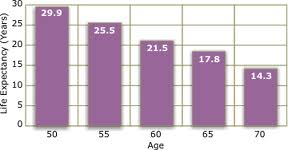
What Is The Patient S Lifespan After Heart Valve Replacement Operations Asks Valerie Adam S Heart Valve Surgery Blog
Impact of age on long term survival following transcatheter aortic valve implantation.

. Because death and structural valve degeneration are competing outcomes and most biological valves have a median valve survival time to. The observed survival in patients after aortic valve replacement compared with the expected survival in the general population according to age categories A and sex B. Relative survival The 5- 10- 15- and 19-year relative survival was 97 95 confidence interval CI.
710 to 750 and 63 95 CI. The time it takes to fully recover varies depending on factors like your age and overall health. After an aortic valve replacement youll usually need to stay in hospital for about a week.
Your breastbone will usually heal in about 6 to 8 weeks but it may be 2 to 3 months before you feel your normal self again. 04 years 95 CI. For the reference population who did not die during the first 30 days life expectancy was 9294 months 95 CI 92399355.
Not surprisingly advanced age has been a leading barrier to surgical intervention in elderly patients. The percentage of patients 70 years of age undergoing valve replacement in the United Kingdom increased from 123 in 1986 to 289 in 1994. Alternatives to an aortic valve replacement.
Quality of life assessed with the Medical Outcomes Study Short Form-36 was comparable to that predicted for the general population 75 years old. Only two of these were cardiac related. The mean patient age was 585 years in 1986 610 years in 1990 and 634 years in 1994 including all ages and all types of valve replacement.
41 1855 Open in new tab. In people who have undergone surgery to replace the aortic valve before the age of 50 the loss in life expectancy was 44 years compared to the normal population. These estimates were entered into a microsimulation model which was employed to calculate age and sex specific outcomes after aortic valve replacement.
87 to 90 73 95 CI. This Swedish national study of longevity following aortic valve surgery showed that overall life expectancy declined by about two years but was higher for patients younger than 50 years of age. For patients approximately 40 years old at the time of surgery the life expectancy was reduced by 20 years compared to that of general population.
This data suggests that a 42-year-old patient undergoing aortic valve replacement AVR with a tissue valve is. An aortic valve replacement is the. This is based on the peri-operative mortality rate which is found to increase with age from 13 in patients 70 years old to about 5 at age.
In patients with symptomatic severe aortic stenosis advanced age is often a reason for a transcatheter rather than surgical aortic valve replacement. Conclusions Functional outcome after aortic valve replacement in patients 80 years old is excellent the operative risk is acceptable and the late survival rate is good. Martinsson A at al.
A mean of 429 months. To prolong life in patients who have evidence of disease that may shorten life expectancy Aortic valve replacement Aortic valve replacement is performed with the use of cardiopulmonary bypass and is normally undertaken through a median sternotomy. By Michael H.
One year post surgery all patients were in. The estimated loss in life expectancy increased with younger age. We retrospectively investigated the.
For surgical patients who survived the postoperative period life expectancy or median of survival was 9091 months 95 CI 82999722. The life expectancy after valve replacement varies with age but life-table analyses of large datasets suggest the average life-expectancy of a 60 year old after aortic valve replacement is about 12 years 10. Loss in life expectancy after surgical aortic valve replacement.
The risk of dying from an aortic valve replacement is around 2 although this risk is much smaller than that of leaving severe aortic valve problems untreated. Most people who survive surgery have a life expectancy close to normal. In this pre-transcathter cohort we had the unique oportunity to study outcomes after surgical aortic valve replacement for severe aortic stenosis in patients who might currently be triaged to a percutaneous approach.
97 to 98 88 95 CI. Life Expectancy After Surgical Aortic Valve Replacement. Life expectancy LE and event-free life expectancy EFLE for a 65 year old man after implantation with a mechanical valve or a bioprosthesis were 104 and 107 years and 77 and 84 years respectively.
Glaser N Persson M Jackson V et al. There were six deaths during follow-. Read more about the risks of aortic valve replacement.
The operation has been around for nearly sixty years and have improved substantially. J Am Coll Cardiol. 12 to 26 years in the total study population.
Since transcatheter aortic valve replacement TAVR is a less invasive procedure than surgical aortic valve replacement for symptomatic severe AS super-elderly patients have tended to undergo TAVR. Of the 100 hospital survivors 78 were followed for. The loss in life expectancy was 19 years 95 CI.
03 to 05. Objective Aortic stenosis AS is common among elderly patients.

Aortic Valve Replacement Recovery Takes Time Heart Foundation
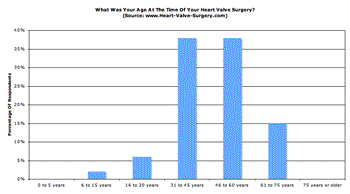
Is Heart Valve Surgery Common For My Age Asks Phil Adam S Heart Valve Surgery Blog

Female Specific Survival Advantage From Transcatheter Aortic Valve Implantation Over Surgical Aortic Valve Replacement Meta Analysis Of The Gender Subgroups Of Randomised Controlled Trials Including 3758 Patients International Journal Of Cardiology

Long Term Follow Up After Transcatheter Aortic Valve Replacement Cjc Open
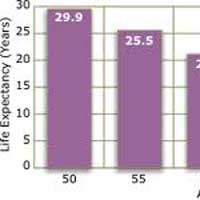
What Is The Patient S Lifespan After Heart Valve Replacement Operations Asks Valerie Adam S Heart Valve Surgery Blog

Relative Risk Of Events All Cause Death Or Aortic Valve Replacement Download Table

Aortic Valve Replacement Surgery Aortic Procedure Purpose Replacement Risks Surgery Valv Aortic Valve Replacement Heart Valves Artificial Heart Valve
What Is The Life Expectancy After An Aortic Valve Replacement Quora

Procedures And Outcomes Of Surgical Aortic Valve Replacement In Adults Cardiology Clinics

Aortic Valve Replacement In Patients 80 Years Of Age And Older Circulation
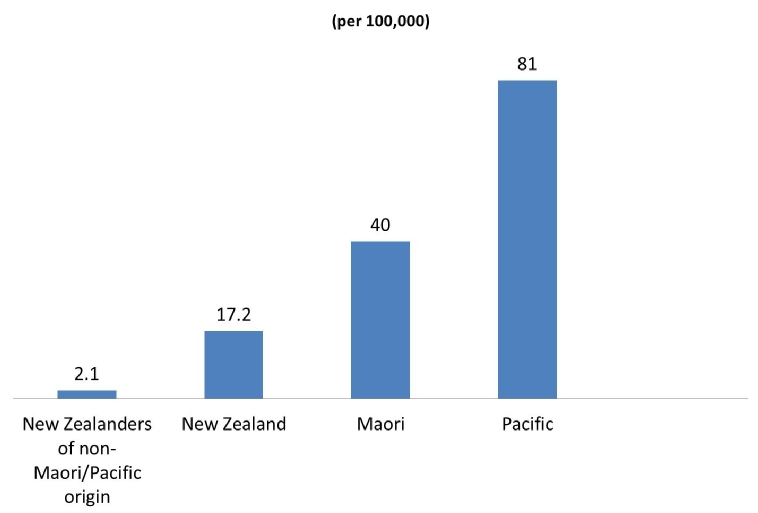
Epidemiology Of Aortic Valve Stenosis As And Of Aortic Valve Incompetence Ai Is The Prevalence Of As Ai Similar In Different Parts Of The World

Transcatheter Aortic Valve Replacement Outcomes In Patients With Native Vs Transplanted Kidneys Data From An International Multicenter Registry Canadian Journal Of Cardiology
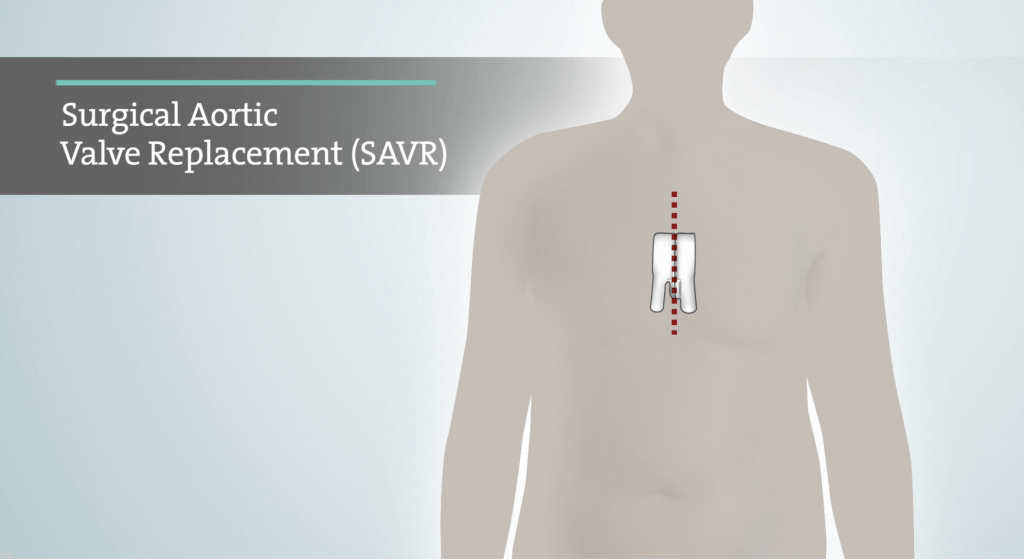
Surgical Aortic Valve Replacement Through Open Heart Surgery Newheartvalve Co Uk

Mortality After Aortic Valve Replacement Results From A Nationally Representative Database The Annals Of Thoracic Surgery

Survival Rates Over 5 Years For Patients With Medically Managed Severe Aortic Stenosis
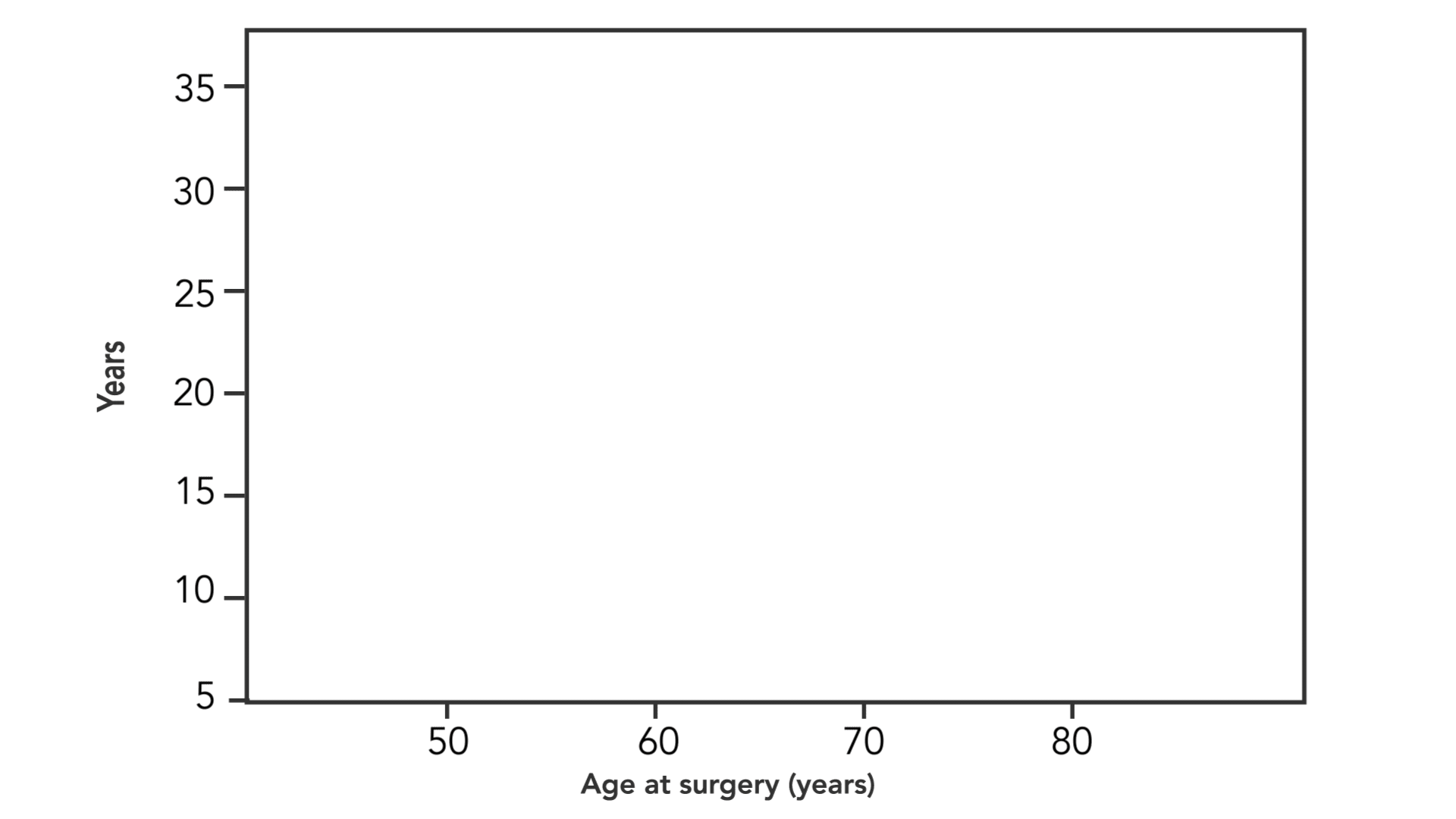
Life Expectancy After Aortic Valve Replacement The Ross Procedure

Trends In Outcomes Of Transcatheter And Surgical Aortic Valve Replacement In The United States 2012 2017 American Journal Of Cardiology

Mechanical Versus Biologic Prostheses For Surgical Aortic Valve Replacement In Patients Aged 50 To 70 The Annals Of Thoracic Surgery

Analysis Of Neurologic Complications After Surgical Versus Transcatheter Aortic Valve Replacement Journal Of Cardiothoracic And Vascular Anesthesia